What happened after the final
Major League Soccer has suspended Luis Suárez for three matches after a volatile end to Inter Miami’s Leagues Cup final loss on August 31 in Seattle. The league handed down the punishment following a post-match confrontation in which the forward argued with Sounders staff and players, spat on a member of Seattle’s staff, and briefly held a Seattle player by the neck. An undisclosed fine was also issued.
The fallout didn’t stop with the league. The Leagues Cup Disciplinary Committee added a separate six-game ban for future editions of the tournament, meaning Suárez will be unavailable for a significant chunk of Miami’s next Leagues Cup run. That sanction is in addition to the MLS suspension and targets the same conduct captured after the final whistle at Lumen Field, where Miami fell 3-0 to the Sounders.
Suárez posted a public apology, accepting fault and saying the frustration of the moment didn’t excuse his reaction. In his statement, he wrote that what happened “shouldn’t have happened,” and that he regrets the impact on his family and his club. Inter Miami, in a separate release, condemned the behavior and backed the league’s disciplinary process, making clear the club’s standards for respect toward opponents and officials.
Spitting is treated as a serious offense under the game’s laws. IFAB’s Law 12 defines spitting at an opponent or any other person as violent conduct, the kind of act that draws a red card on the spot and often leads to multi-game bans even when the officials deal with it after the fact. MLS routinely uses video review and its Disciplinary Committee to impose sanctions when incidents escalate beyond what match officials can manage in real time.
The league’s decision lands at a sensitive time. Emotions often run hot after finals, but enforcement tends to be strict when confrontations cross bright lines—especially with cameras catching every angle. The six-game Leagues Cup ban signals that tournament organizers want consistency too, not a one-off penalty that disappears by the next season.
What the ban means for Inter Miami—and for Suárez
The three-game suspension means Suárez will miss Inter Miami’s next fixtures against Charlotte FC on September 13, the Seattle Sounders on September 16, and D.C. United on September 20. That’s a tough stretch in a tight window, right when teams fight for position in the playoff race. In MLS, the margins are thin—home-field advantage, play-in spots, and seeding can swing on a week’s form.
On the field, Miami will have to adjust its attack. Suárez has been a focal point up front alongside longtime teammate Lionel Messi, offering goals, hold-up play, and a constant gravity that frees runners around him. Without him, the team likely leans more on movement from wide attackers, quicker midfield rotations, and a more conservative approach in transition—at least until the press and timing recalibrate.
Who fills the void? The obvious answer is a traditional No. 9 already in the squad, with service coming from midfield creators and free-kick opportunities around the box. But Miami can also go smaller and more mobile, pulling an extra midfielder into the half-spaces to keep the ball and limit turnovers. That second option trades aerial presence for control, a reasonable bet on the road or in tight games.
Manager Gerardo “Tata” Martino has lived through high-pressure stretches before. The task now is less about ripping up the playbook and more about managing minutes, using the bench early, and keeping the game states under control. Expect shorter passing sequences to settle nerves early in matches and a focus on winning second balls rather than forcing low-percentage crosses.
There’s also the question of whether Miami could have appealed. MLS allows appeals through a defined process, often requiring new evidence or a procedural issue. But with the club publicly supporting the disciplinary measures—and with video likely central here—an appeal never looked probable. The club’s stance suggests it wants to turn the page quickly.
For Suárez, this episode slots into a complicated career timeline. He has delivered elite production at every stop—Ajax, Liverpool, Barcelona, Atlético Madrid, and now Miami—but he has also served some of the sport’s most high-profile bans. Those earlier controversies have shadowed him for more than a decade and shape how new incidents are received, fair or not. The immediate apology this time signals he understands the stakes of playing in a league with intense scrutiny and a fan base that expects accountability.
Spitting carries a stigma that goes beyond the rulebook. Players and coaches talk about it as a matter of respect, not just discipline. That’s why sanctions tend to be firm, and why clubs move fast to separate the individual act from the team’s identity. Miami did exactly that—backed the league, faced the news cycle, and emphasized standards.
There’s a longer-term angle too: the Leagues Cup ban. Six games is a big slice of a month-long knockout event that can shift a club’s season. Beyond the trophy chase, the tournament offers momentum, prize money, and a chance to test MLS sides against Liga MX. Removing a senior striker for the opening rounds forces Miami to rethink its blueprint: perhaps more emphasis on set-piece routines, a deeper rotation, and an earlier integration of younger attackers.
From a locker-room view, these weeks are about leadership. Veteran players—especially the captain’s group—will set the tone, keep the focus on training detail, and push to convert frustration into energy. The staff will want clean starts to halves, minimal cheap fouls in dangerous areas, and a united front with officials. Discipline often becomes a competitive edge in the run-in.
The calendar won’t wait. Three games in eight days can empty legs, particularly with travel, and squads that manage substitutions well usually find late points. Miami’s challenge is to preserve attacking threat without overloading the same players every 90 minutes. If they hit that balance, the damage from the suspension stays short-term.
There are reputational stakes, too. Brands, broadcasters, and supporters invest not just in results but in the image of how a team goes about its work. Swift accountability helps, as do consistent standards from the league. The message from both MLS and Inter Miami is straightforward: win or lose, the lines are clear.
Suárez can still train, which matters for rhythm and chemistry when he returns. The earliest he’s eligible to play is after the D.C. United match on September 20, assuming no further action. When he’s back, eyes will be on his response—channeling edge into goals, duels, and smart movement, without crossing the boundaries that brought the suspension in the first place.
For now, Miami’s season tightens. Three matches, a juggled attack, and a high-profile absence. The team hasn’t lost its ambition, but the path got steeper. How they navigate this stretch will say a lot about their ceiling when the games matter most.

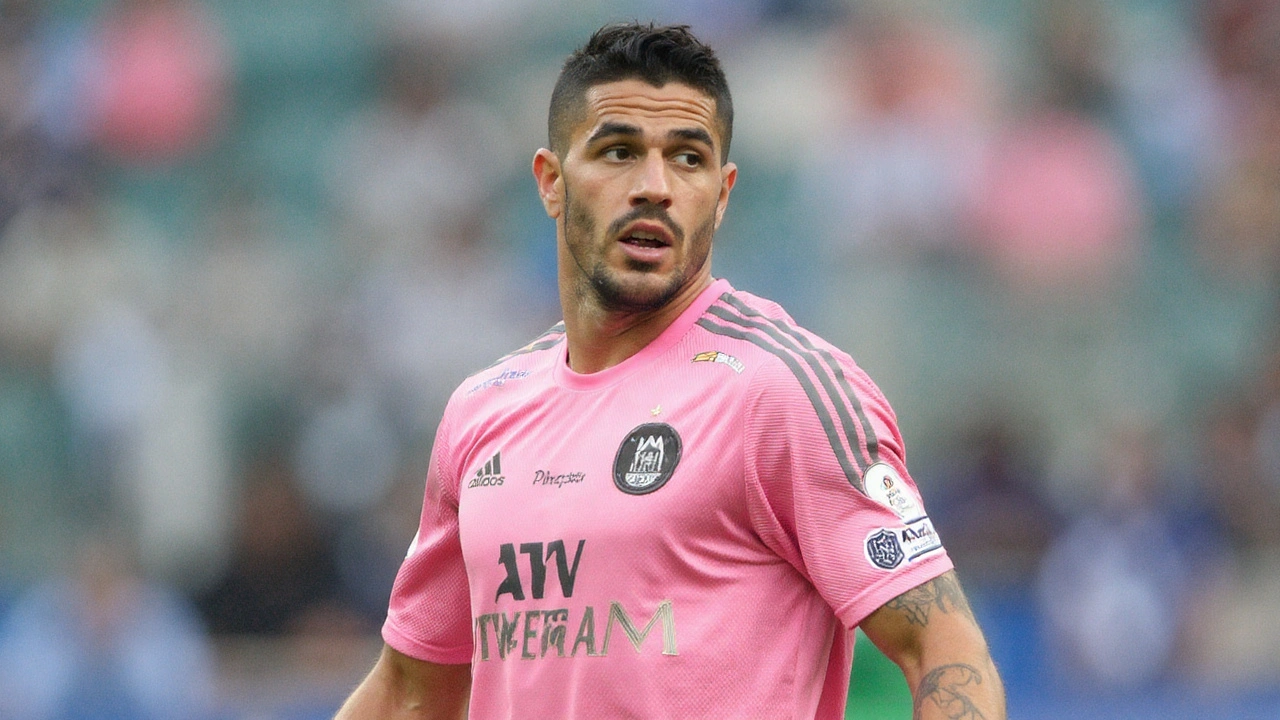
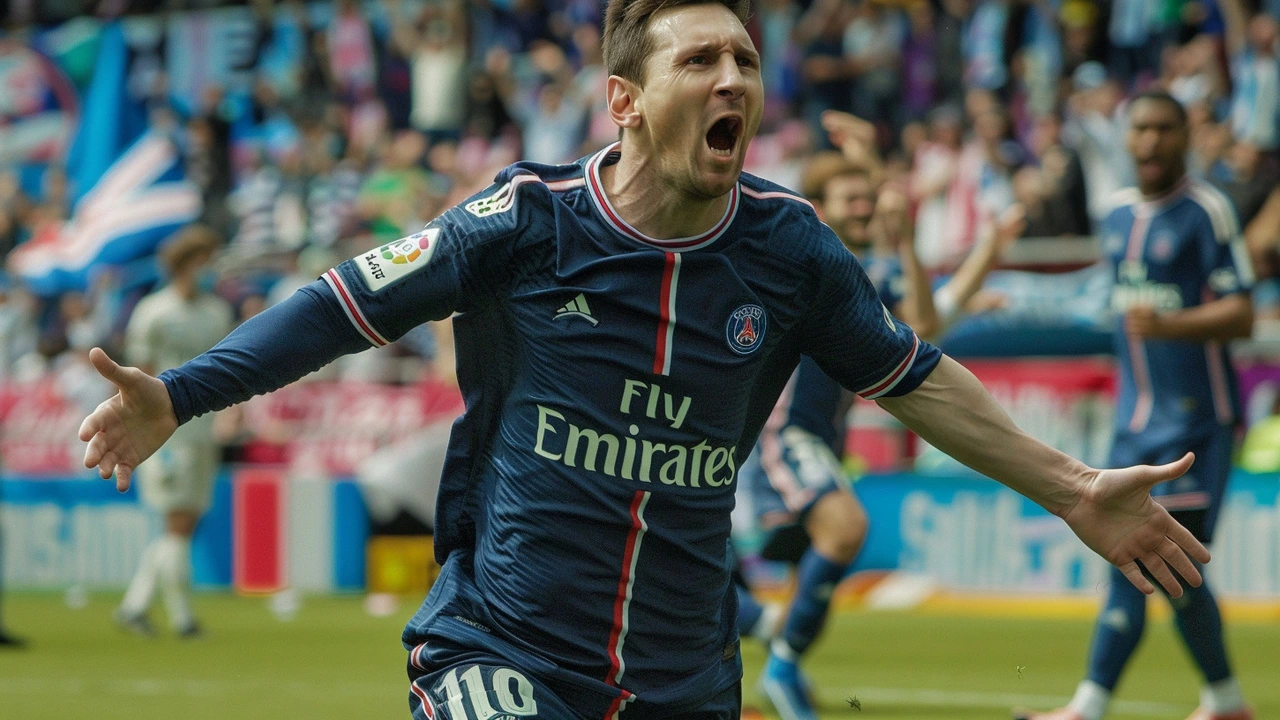
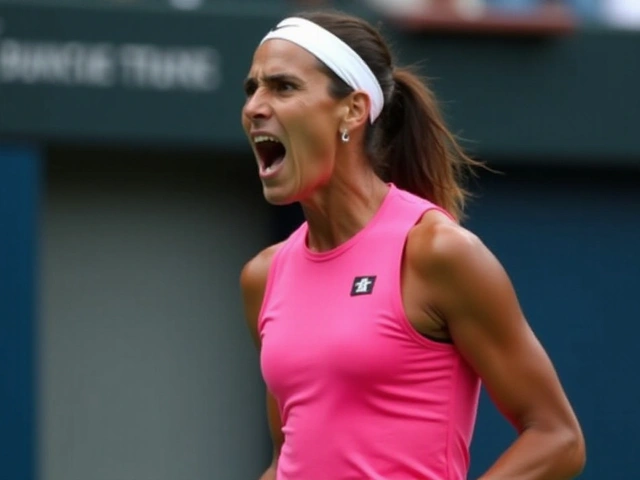
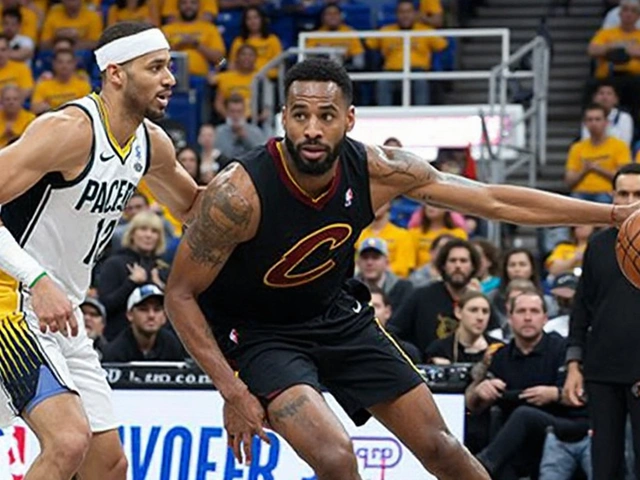
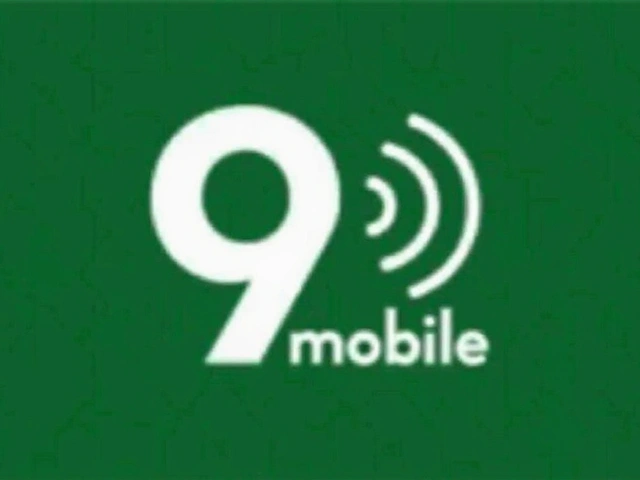

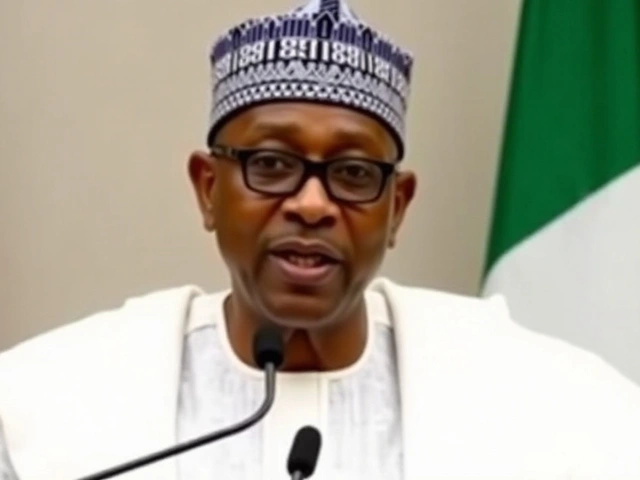
Hartwell Moshier
September 10, 2025 AT 17:35 PMSuarez missed three games and Miami will have to adjust.
Jay Bould
September 11, 2025 AT 19:00 PMIt's a reminder that players are ambassadors of their sport and their nations. A heated moment on the field can echo far beyond the stadium, influencing how fans back home view the league. Respect on the pitch helps bridge cultural gaps and keeps the game enjoyable for everyone.
Mike Malone
September 12, 2025 AT 21:23 PMThe recent disciplinary action against Luis Suárez invites a broader reflection on the interplay between individual temperament and institutional regulation in modern football. While the immediate cause-a post‑match confrontation and an act of spitting-fits neatly into the league's codified infractions, the underlying dynamics resonate with longstanding philosophical debates about the nature of self‑control in competitive environments. From a classical standpoint, the athlete's impulse to retaliate can be seen as a manifestation of the internal dialogue between the rational faculty and the more visceral passions that Aristotle described as the thumos. Contemporary sport psychology, however, emphasizes that elite performers are trained to channel such energies into constructive outputs rather than destructive gestures. The three‑game suspension therefore serves not merely as punitive measure but as a pedagogical signal to both the individual and his peers. It underscores the principle that personal accountability remains paramount, even when the stakes of a final amplify emotional intensity. Moreover, the additional six‑game ban from the Leagues Cup signals an institutional desire for consistency across competitions, preventing a perception of selective enforcement. This consistency is essential for maintaining the legitimacy of the governing bodies, which otherwise risk eroding fan trust through arbitrary sanctioning. Practically speaking, Miami will now be compelled to reconfigure its attacking schema, perhaps shifting reliance toward wing play and midfield creativity in lieu of a traditional target man. Such tactical adjustments can foster greater fluidity, yet they also expose the squad to the risk of diminished aerial threat during set‑pieces. The coaching staff, led by Gerardo Martino, will likely experiment with a more compact pressing system to compensate for the loss of a focal point in the final third. In doing so, they echo a broader strategic trend observed in elite clubs where positional versatility supersedes rigid role definitions. From a sociocultural perspective, Suárez's public apology attempts to repair reputational damage not only for himself but also for the collective image of MLS as a league seeking to professionalize its global standing. The act of acknowledging fault aligns with contemporary expectations of athlete activism, wherein personal conduct is increasingly scrutinized through the lens of social responsibility. Ultimately, the episode illustrates that the margins between triumph and controversy are narrow, and that the governance structures surrounding the sport must balance deterrence with opportunities for redemption. As the season progresses, how Miami navigates this disciplinary void will offer a case study in resilience and adaptive management within the high‑pressure context of North American soccer.
Pierce Smith
September 12, 2025 AT 22:46 PMWhile the sanctions are undeniably firm, they also provide Miami an opening to explore alternative attacking patterns that could enrich the team's tactical diversity. A measured response from the locker room will prevent the incident from festering into deeper discord. Constructive dialogue among players and coaching staff can turn adversity into an opportunity for growth. Maintaining respect for officials and opponents remains the cornerstone of a healthy competitive environment.
Abhishek Singh
September 13, 2025 AT 00:10 AMOh great another ban because Suarez can’t keep his mouth shut. Guess the league needed an excuse to show they’re serious about discipline. Too bad fans miss his fireworks on the pitch.
hg gay
September 13, 2025 AT 01:00 AM😕 It’s tough when passion spills over and ends up hurting the team 🤝. Hopefully Suarez can channel that intensity into effort once he’s back 🙏. The squad will need everyone’s support to stay afloat 💪.
Owen Covach
September 13, 2025 AT 01:33 AMMiami’s next stretch will be a roller‑coaster of sparks and shadows, a canvas brushed with bold strokes of improvisation. Without Suarez the attack turns neon, chasing dreams through tight alleys of the field.